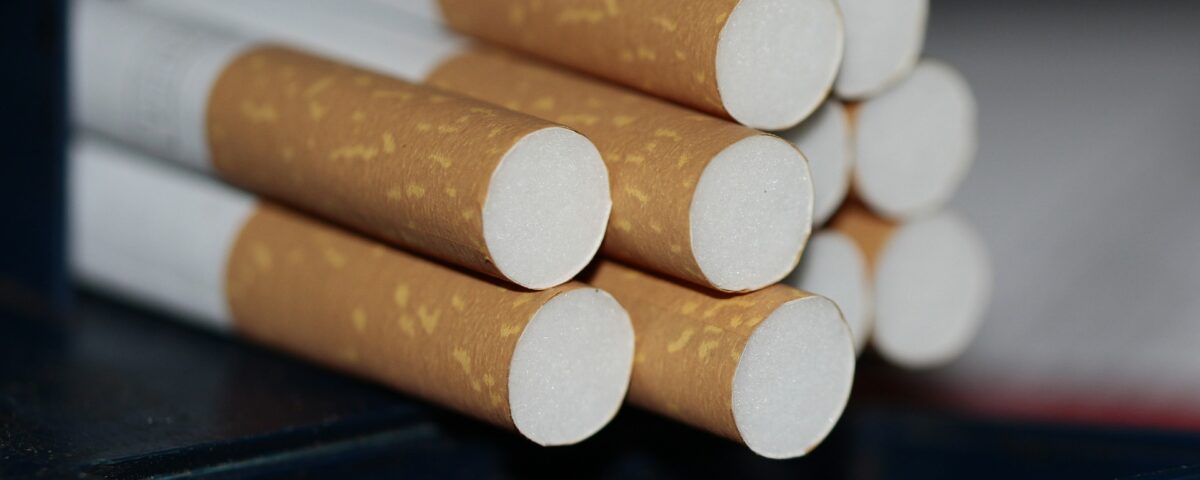
What a Sock Can Teach Us
April 20, 2017
Weekly Economic News Roundup: From Pizza to Potato Chips
April 22, 2017New York City just proposed another hike in the price of cigarettes. Instead of the $10.50 minimum, a pack might soon cost no less than $13.00.
Historically high, NYC’s cigarette tax should remain the most potent in the country. Yes?
Perhaps.
Cigarette Smuggling
In New York smuggled cigarettes are more popular than in any other state. The numbers come from studies that compare tax revenue to the number of packs that were consumed and tax stamps on discarded packs of cigarettes.
The problem is high taxes and New York’s neighbors. With a $4.35 state tax and then NYC’s extra $1.50 (and soon it will be more), the price of a $5.50 20-pack almost doubles. Meanwhile, New Hampshire, Vermont and Pennsylvania have cheaper cigarettes. The result? New York is a dark orange (below) with a net influx of smuggled cigarettes:
Our Bottom Line: Elasticity
New York City’s Mayor de Blasio probably believes a cigarette tax is win/win.
Either people continue smoking and increase municipal revenue or they quit and spend less on healthcare. Both take us to elasticity.
Inelastic Demand: Called price inelasticity of demand, a change in price leads to a relatively small change in the quantity demanded because people want to purchase the item, no matter what it costs them. When cigarette consumption is inelastic, municipal revenue rises.
Elastic Demand: On the other hand, there is an elastic range where an increase in price discourages consumption. If price rises to their elastic range, people quit.
The glitch is a third alternative. The law of demand indicates the inverse connection between price and quantity. And that takes us to smuggling from lower tax states.
My sources and more: Combined, the story of the NYC tax, Mackinac’s report and a Tax Foundation study provide a good summary of the tax and its impact.
Note: After publication, I heard a Mayor de Blasio interview during which he said the NYC cigarette tax cannot be called a tax. If it were a tax, then state approval would be necessary rather than just his City Council.
![econlifelogotrademarkedwebsitelogo[1]](/wp-content/uploads/2024/05/econlifelogotrademarkedwebsitelogo1.png#100878)





